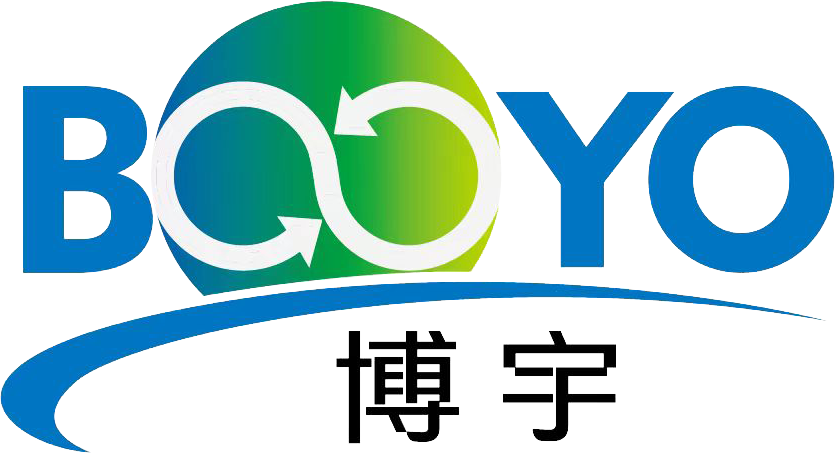
Our News
Find out about our latest news here.
Latest News
- ▶ Expansion Joint Shell-and-Tube Heat Exchanger
- ▶ Internal Structure of the Floating Head End in Shell-and-Tube Heat Exchangers
- ▶ Primary Superheater and Secondary Superheater
- ▶ HRSG and Combined Heat and Power (CHP)
- ▶ Cross Flow Heat Exchanger: Design Principles, Performance, and Industrial Applications
- ▶ Boyu Phase III Project: Setting a New Benchmark for Serpentine Tube Manufacturing in Asia
Message
Introduction
A stainless steel heat exchanger is a high-performance thermal transfer device designed for industries where durability, corrosion resistance, and long service life are critical. Unlike conventional carbon steel or copper exchangers, stainless steel units provide superior resistance against aggressive fluids, high temperatures, and harsh environments. This makes them a preferred choice for power plants, chemical industries, food processing, HVAC systems, and marine applications.
Key Advantages of Stainless Steel Heat Exchangers
Corrosion Resistance
Stainless steel contains chromium, nickel, and molybdenum, offering excellent protection against rust, chloride attack, and acidic media. Grades such as 304, 316, and duplex stainless steel are widely used for seawater and chemical environments.Durability and Long Service Life
Compared to mild steel or copper heat exchangers, stainless steel requires less maintenance and provides a longer operational lifespan, reducing downtime and replacement costs.High Pressure and Temperature Resistance
Stainless steel is suitable for boilers, condensers, and chemical reactors, where heat exchangers are exposed to extreme conditions.Hygienic and Safe
Stainless steel is easy to clean, making it ideal for food, beverage, and pharmaceutical industries where sanitation is essential.
Common Types of Stainless Steel Heat Exchangers
Shell and Tube Heat Exchanger – Widely used in power and chemical industries for steam, oil, and water applications.
Plate Heat Exchanger – Compact design, suitable for HVAC, refrigeration, and food processing.
Spiral Plate Heat Exchanger – Ideal for handling viscous fluids and wastewater treatment.
Air Preheater and Economizer – Used in boilers and power plants to improve thermal efficiency.
Applications
Power Generation: Boiler economizers, condensers, and high-pressure heaters.
Chemical and Petrochemical Plants: Processing of corrosive gases and aggressive liquids.
Food and Beverage Industry: Pasteurization, sterilization, and cooling systems.
Marine Engineering: Seawater cooling and desalination plants.
HVAC Systems: Heating, ventilation, and air conditioning for commercial and industrial use.
Selection Guidelines
When selecting a stainless steel heat exchanger, consider:
Operating Conditions: Pressure, temperature, and type of fluid.
Material Grade: 304 for general use, 316 for chloride-rich environments, duplex stainless steel for high stress and corrosion conditions.
Design Type: Choose shell-and-tube for large capacity, plate for compact systems, and spiral for dirty or viscous fluids.
Conclusion
Stainless steel heat exchangers combine strength, efficiency, and long-lasting performance, making them the ideal choice for industries that require both reliability and hygiene. Whether in power plants, chemical processing, or food and beverage production, stainless steel offers unmatched value.
? BOOYO Industry specializes in the design and manufacturing of stainless steel heat exchangers, certified under ASME “S” & “U” stamps, delivering tailor-made solutions for global clients. Contact us today to learn more about our advanced heat exchanger solutions.
PROFESSIONAL CONSULTATION
If you are interested in our products and want to know more details, please leave a message here, we will reply you as soon as we can.